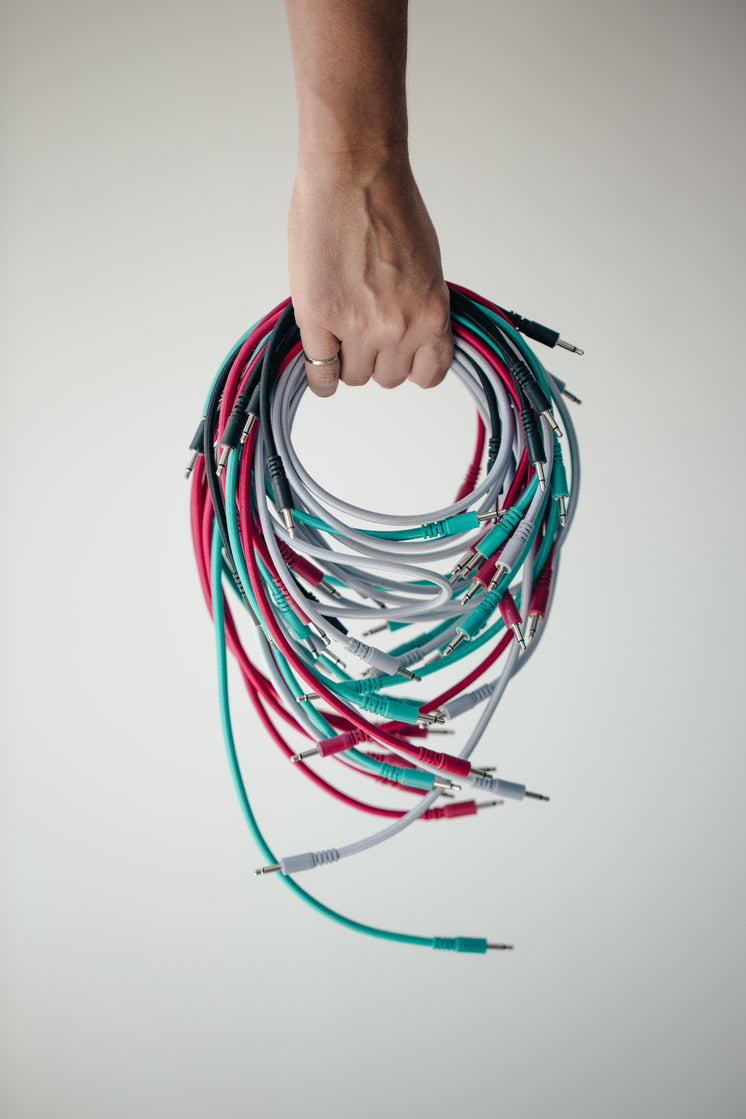
Introduction
Is your skin feeling dry after every shower, or are your clothes coming out of the wash looking dull and dingy? These are some telltale signs of hard water, a common issue many homeowners face. Hard water, rich in calcium and magnesium, can cause problems ranging from clogged Burst pipes in South London to inefficient appliances. Fortunately, a water softener can solve these problems and more. This article will explore the benefits of installing a water softener and why it’s a must-have for your home.
What is a Water Softener?
A water softener is a device that removes the calcium, magnesium, and other minerals found in hard water through a process called ion exchange. The softener replaces these hard minerals with sodium or potassium ions, turning the hard water into soft water. This process ensures that the water used in your home is accessible from the harsh effects of mineral buildup, improving its quality and extending the lifespan of your household appliances.
The Common Problems Caused by Hard Water
Hard water can affect nearly every aspect of your home. Here’s a look at some of the most common issues caused by hard water:
Damaged Appliances
The minerals in hard water can build up inside appliances such as water heaters, dishwashers, and washing machines. This buildup, known as limescale, reduces the efficiency of these devices and shortens their lifespan. Eventually, the appliances may require costly repairs or even replacement.
Clogged Pipes
Over time, the minerals in hard water can accumulate inside your plumbing service , leading to clogs that reduce water pressure. This affects water flow and increases the risk of pipe damage, which may require expensive repairs.
Dry Skin and Hair
Hard water leaves behind soap scum that doesn’t rinse off quickly, which can dry out your skin and hair. It strips away natural oils, making your skin feel itchy and your hair look dull and lifeless.
Dull and Dingy Laundry
Hard water can also affect your laundry. Clothes washed in hard water may appear dingy and feel rough as the minerals react with detergent to form a residue that gets trapped in the fabric.
The Key Benefits of Installing a Water Softener
1. Prolongs the Life of Appliances
When you install a water softener, you’ll notice an immediate improvement in the performance and longevity of your household appliances. Soft water reduces the scale buildup inside appliances, allowing them to function more efficiently and last longer. It means fewer breakdowns, less maintenance, and a longer lifespan for water heaters, dishwashers, and washing machines.
2. Saves Money on Repairs and Energy Bills
Soft water protects your appliances and helps you save money. With less limescale buildup, your appliances won’t need as many repairs. Additionally, soft water heats more efficiently than hard water, reducing your energy consumption and lowering your utility bills.
3. Softer Skin and Healthier Hair
Soft water is gentle on the skin and hair, making it an excellent solution for anyone struggling with dry, itchy skin or dull hair. Without the harsh minerals found in hard water, soap and shampoo will lather better, leaving your skin feeling softer and your hair shinier.
4. Cleaner and Brightener Laundry
Installing a water softener will improve the quality of your laundry. Soft water allows soap and detergent to work more effectively, leaving your clothes cleaner, brighter, and smoother to the touch. You’ll also notice that your towels and bedding feel fresher and last longer.
5. Reduced Soap and Detergent Use
Because soft water is more effective at lathering, you’ll need less soap, shampoo, and detergent to clean your clothes, dishes, and body. It saves you money on cleaning products and helps reduce the environmental impact of excess soap and chemicals in wastewater.
6. Eco-friendly Benefits
In addition to the savings on cleaning products and energy bills, water softeners have eco-friendly benefits. Your household will generate a smaller carbon footprint with less energy consumption and reduced detergent use. Soft water can also help prevent the environmental damage caused by the excessive mining of minerals like calcium and magnesium.
7. Improves Water Flow and Pressure
With soft water, you’ll notice better water flow and pressure throughout your home. The absence of mineral buildup in your Burst pipes ensures that water can flow freely, reducing the risk of clogs and improving overall water pressure.
Types of Water Softeners
1. Salt-Based Water Softeners
The most common type of water softener is salt-based, which uses sodium to replace the calcium and magnesium ions in hard water. This system is highly effective and is ideal for homes with severe, challenging water issues.
2. Salt-Free Water Conditioners
Salt-free water conditioners don’t soften the water but neutralize the effects of hard water by preventing minerals from sticking to surfaces. They are a good option for those looking for a low-maintenance solution, though they may not be as effective as salt-based systems.
3. Magnetic Water Softeners
Magnetic softeners use magnets to alter the properties of the minerals in hard water, reducing their ability to form limescale. These systems are easy to install and don’t require chemicals or salts, though their effectiveness is often debated.
How to Know if Your Home Needs a Water Softener
1. Signs of Hard Water
If you’ve noticed white, chalky residue on your faucets or showerheads, limescale on your appliances, or dry skin and hair after using water, you likely have hard water.
2. Water Test Kits
To be sure, you can purchase a water test kit to measure the hardness of your water. These kits are simple to use and will accurately read the mineral content in your water supply.
Maintenance of Water Softeners
1. Regular Checkups
Like any appliance, water softeners require regular checkups to ensure they’re working properly. Routine inspections help identify issues before they become major problems.
2. Salt Refills
If you’re using a salt-based system, you must refill it regularly to maintain its effectiveness. Most systems require refilling once every few months, depending on water usage and hardness level.
3. Professional Servicing
It’s recommended that you have your water softener serviced by a professional annually. It ensures the system is functioning efficiently and extends its lifespan.
Conclusion
The benefits of installing a water softener in your home are undeniable. From protecting your appliances to improving your skin and hair, soft water provides a range of advantages that make your home more comfortable and efficient. Whether you’re tired of dealing with limescale buildup or want to reduce your energy bills, a water softener is a wise investment that pays off in more ways than one.
Frequently Asked Questions (FAQs):
1. What is the difference between hard water and soft water?
Hard water contains high levels of calcium and magnesium, while soft water removes these minerals, making it gentler on appliances, skin, and hair.
2. How do I know if I have hard water?
Signs of hard water include limescale buildup on appliances, dry skin, dull hair, and clothes that feel rough after washing. A water test kit can also confirm your water’s hardness level.
3. What are the health benefits of using a water softener?
While hard water is not harmful, soft water can improve the health of skin and hair, making them feel smoother and more hydrated.
4. How much does it cost to install a water softener?
The cost of installing a water softener varies depending on the type and size of the system. On average, it can range from $500 to $2,500, including installation.
5. How long does a water softener last?
A well-maintained water softener can last between 10 to 15 years. Regular servicing and salt refills will help extend its lifespan.

